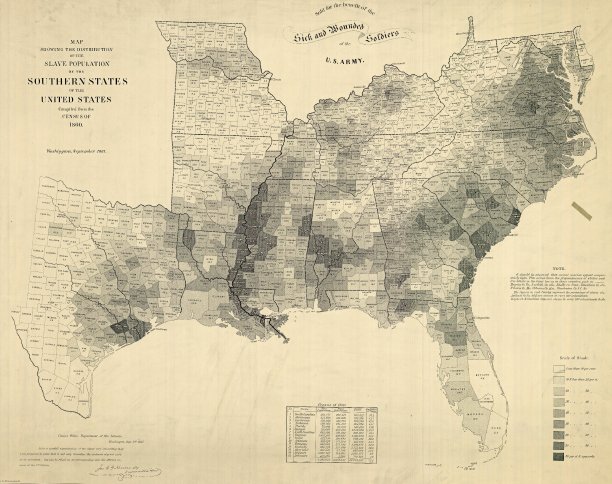Guy Gugliotta summarizes the research of J. David Hacker on the actual death toll for both side during the American Civil War:
For 110 years, the numbers stood as gospel: 618,222 men died in the Civil War, 360,222 from the North and 258,000 from the South — by far the greatest toll of any war in American history.
But new research shows that the numbers were far too low.
By combing through newly digitized census data from the 19th century, J. David Hacker, a demographic historian from Binghamton University in New York, has recalculated the death toll and increased it by more than 20 percent — to 750,000.
[. . .]
The old figure dates back well over a century, the work of two Union Army veterans who were passionate amateur historians: William F. Fox and Thomas Leonard Livermore.
Fox, who had fought at Antietam, Chancellorsville and Gettysburg, knew well the horrors of the Civil War. He did his research the hard way, reading every muster list, battlefield report and pension record he could find.




